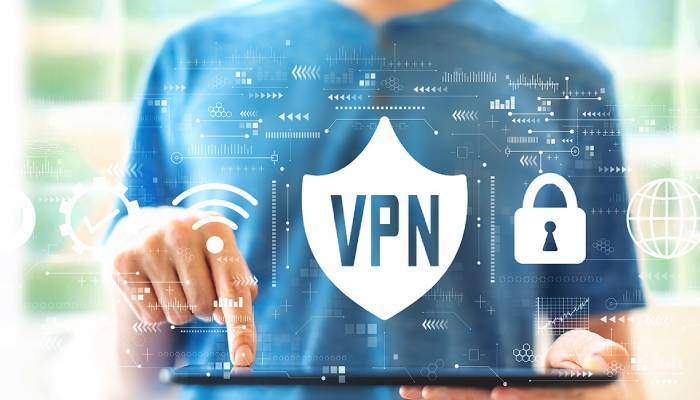A virtual private network (VPN) is a solution for unblocking websites blocked by the government. There are two variants of VPN services: free and paid.
For those who don’t know, a VPN is a private connection between networks, created over a public network and allows the exchange of private resources. It turns out that using a VPN is not as secure as we thought.
Dangers of Using VPN Applications
Curious about the dangers of using free VPN apps? Next are the dangers you should consider when using free VPN apps.
Sales Data
The first danger of using a VPN is the risk of illegally selling data. But this language can be avoided if you use the paid version. The reason is that paid VPN service providers apply strict rules to users compared to the free version.
Therefore, if you use the free version of a VPN, you should reconsider the risks involved. Especially the problem of data theft which is quite rampant.
IP Used as network endpoint (Endpoint)
When we use a VPN, we usually feel the internet connection is a little slower than usual. This is one of the dangers to watch out for, as the service provider limits the amount of data you can use.
In addition, some Internet bandwidth limitations are considered to use the IP address of your PC or computer as a network endpoint. The practice of network terminals is classified as selling bandwidth.
In this case, the service provider will transfer more bandwidth to the users who are considered more profitable
Risk of man-in-the-middle attack
Another risk you may face with a free VPN is man-in-the-middle attacks. This method is an attack on computer systems that are communicating with each other
This is one of the lethal hacking methods. Because this model puts hackers in the middle of the line of communication. Mainly for reading, hijacking and stealing data, even injecting it in the form of malware.
Disclosure of data and IP address
Free VPNs are also prone to data and IP address leaks. This becomes a major problem when using a free VPN. According to a study conducted by CSIRO, around 84% of free VPNs openly open IPv6 to their users.
Moreover, 60% of them leak DNS queries, exposing browsing history and browser location.
Do you now know the consequences of using a free VPN? Hacker and malware attacks become vulnerable and threaten your data.
Adware Attack
By using a free VPN, we can open all kinds of government-blocked websites. Of course for some people this is very helpful. But there is a price in the threat of adware attacks that we sometimes don’t know about, such as annoying ads.
If you’re using a free VPN app, then you have to be prepared for third-party ads that will always appear. In addition, there is the risk of free VPN applications that can share your data with third parties.
It should be noted that Adware that occasionally appears can slow down your internet connection or redirect you to dangerous websites. So it’s not just about annoying ads.
Malware Contaminated
Apart from adware, another security issue is malware infection that many free VPN users worry about. According to the same study, a number of free VPN services are suspected of being infected with malware such as CrossVPN, SuperVPN, and Betternet.
Usually, malware enters through advertisements. Advertisements here are commonly used by free VPN providers as a way to make money, in addition to income from premium subscriptions.
Therefore, the use of a VPN when accessing banking services using the internet such as mobile banking is highly discouraged.
Track online activity
A study conducted by VPNMentor reports that 72% of free VPNs have tracking tools to track user activity and can share it with third parties.
This data is collected and then provided to advertisers to deliver targeted ads to free VPN users. Of course it will be very annoying if our data or habits are shared with other irresponsible people without our permission.
Hijack Browser
Lastly, free VPNs can also hijack your browser to make money. The method is very easy, the VPN service provider only needs to point the browser to the partner website without the user’s permission.
Some VPN services have done this by redirecting HTTP requests to e-commerce sites like Alibaba and eBay through their partner network.
That’s the info regarding how dangerous it is to use a free VPN that you should know. Indeed, using a VPN is one way to open blocked sites, but you have to be careful when using VPNs, especially free ones.
